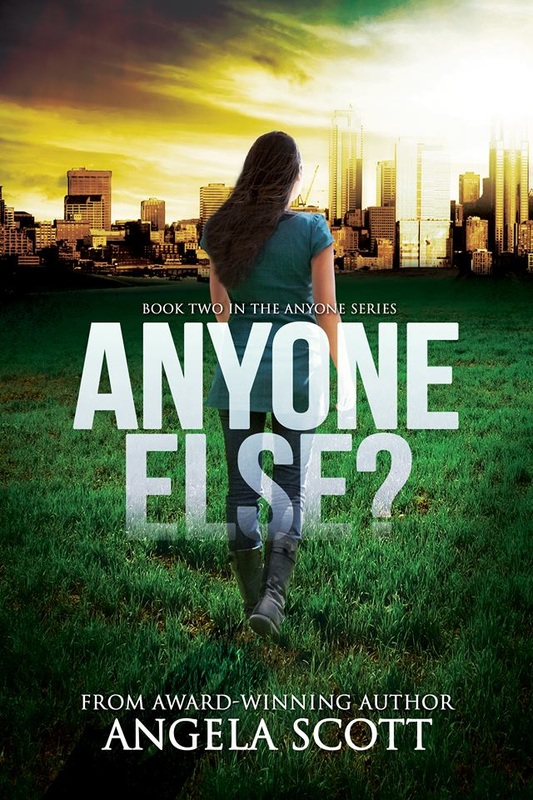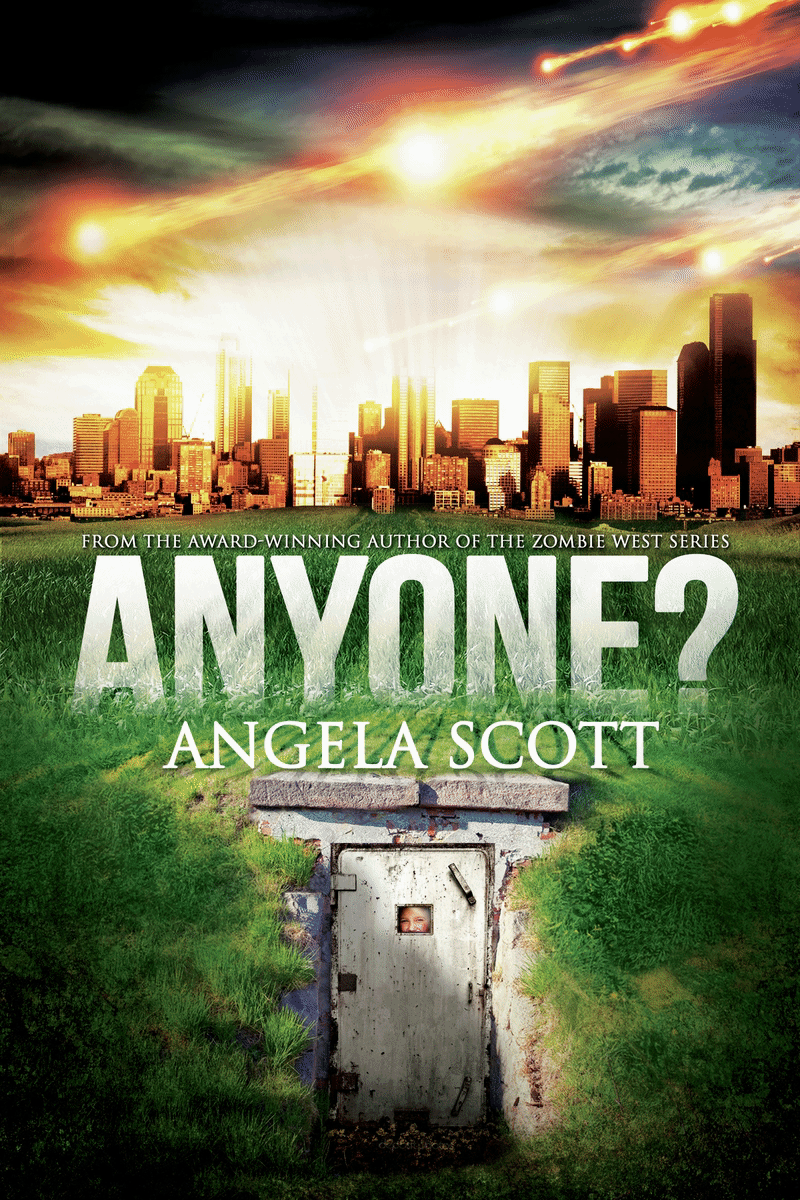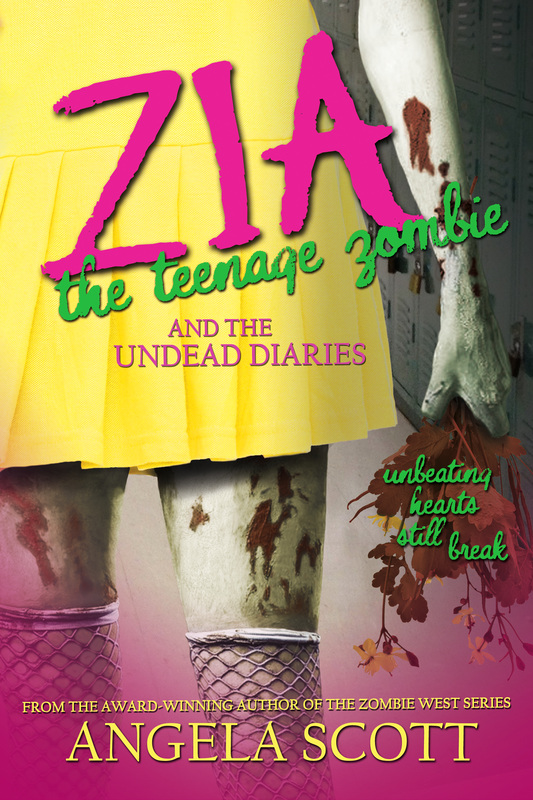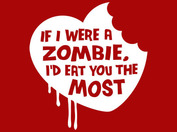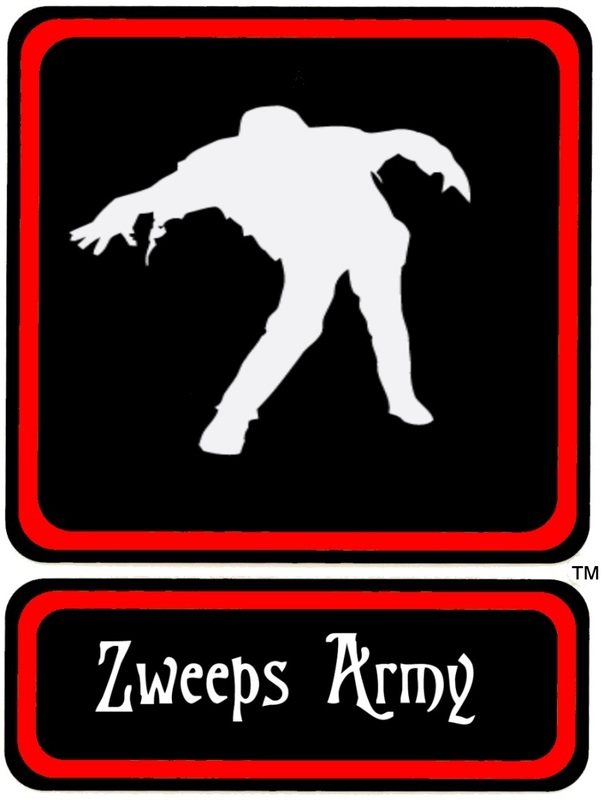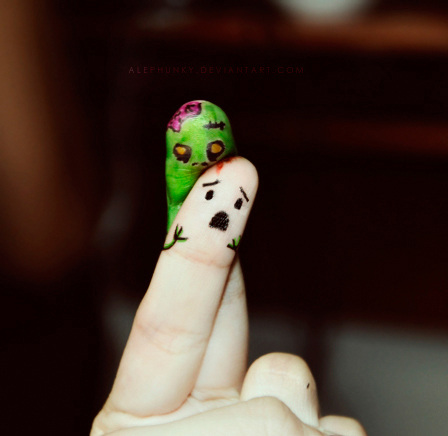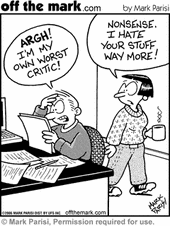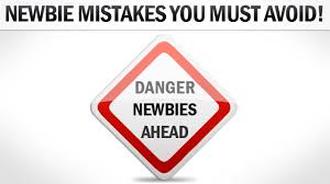 Every editor will say that they can tell a newbie writer just by reading the first page of their manuscript. It's that apparent, and most of the reasons are pretty simple too. There are quite a few mistakes newbies make, sure, but these are some of the most common and some of the easier to correct. Things like flat characters, lack of descriptions or too much description, boring plot, are things that will be developed over time the more your write, edit, and grow. This list is for the simple fixes that can be corrected before handing over your manuscript to anyone to read and keep you from looking like a newbie. It's hard to change these tell-tale signs if we're not aware we're making them in the first place. I hope this helps. 1) Do not use double punctuation ever. Just don't. The use of ?! is unacceptable. Simply use a ? to end the question and then SHOW the confusion/surprise reaction by the character's actions. That is what clear writing is all about. (This was an issue debated in a writing group just two days ago. Many, many, many new writers insisted it was just fine to use and INSISTED it relayed the affect they were going for which they felt couldn't achieve in any other way... yikes). 2) To go along with the above, don't overdo the use of the exclamation point or use CAPS to express anger or excitement. No: "NO WAY!” Mary exclaimed. “How am I supposed to write without using exclamation points or caps in my dialogue to get my point across? THIS IS UTTER NONSENSE! Exclamations are awesome! I refuse to stop using them!” Yes: "No way," Mary said. "I can't believe I can get the necessary emphasis in my writing without using exclamations or all-caps in my dialogue. It's amazing." 3) Do not use dialogue tags like: He replied. She yelled. He suggested. She grumbled. He stated. Etc... Simply use SAID. That's all you need. The others are redundant. (As a note: I hardly ever use the term SAID either. Only when I have to. For the most part, I use the character's movement or actions to relay who is speaking). By using the word SAID it becomes invisible to the reader and keeps the reader engaged in the action and not focused on the prose. 4) In relation to the above, when you write: "You worry too much," he said as he touched her shoulder and gave it a little squeeze. It could be rewritten to say: "You worry too much." He touched her shoulder and gave it a little squeeze. This way you eliminate the said and also gives your work a cleaner feel to it. This is my preferred method. 5) Do not open your story with a dream scene or with your character looking in the mirror. These have been DONE TO DEATH. Avoid it at all costs. Okay, not at all costs, but unless you can do it with such amazing skill to pull it off, then I wouldn't suggest it. 6) Do not combine different characters' dialogue in one paragraph (this isn't the best writing, but it's an example to give you an idea of what I mean). No: "Where are you going?" She tipped her head and settled her hands on her hips. His hand dropped from the door handle. "No where." "Really? I don't believe you." Yes: "Where are you going?" She tipped her head and settled her hands on her hips. His hand dropped from the door handle. "No where." "Really? I don't believe you." 7) Over using adjectives and adverbs. No: The low cream-colored fluffy clouds floated lazily in the baby-blue sky and drifted over the dry and dirty valley, touching the still and quiet rooftops of the old early-rising sleepy-headed town members below. Yes: Clouds floated across the sky and drifted over the valley, touching the rooftops of the early-rising town members below. 8) Repeating the same word. Every writer, even the more experienced, tend to have a certain set of go-to words they use over and over which have to be edited out (for me, I tend to over use the word JUST and have to do a search to eliminate as many as I can). But a newbie tends to use those same words over and over on the same page or even in the same paragraph. Proofread for repetition. Even a simple word like HOUSE repeated two or three times in one paragraph can be distracting for a reader. Vary it up. 9) People don't tend to use each others names when speaking. Just listen to a conversation (go ahead and eavesdrop) and you will see this is true. So don't make your characters keep calling each other by name. Here and there is fine, but be careful not to overdo it. Readers are smart. They will figure out who is talking by the character's actions. Don't worry. 10) Do not switch POV's within the same scene. It should never be done. If you start out in Jane's head, from her perspective, then you must stay with her until the next scene break. Only then can you tell us what Tom is thinking. Going back and forth, head-hopping, within the same scene will only confuse the reader and will aggravate the heck out of an editor. These are ten things to get you started. For more complex and more tell-tale signs, here are a few links for you to delve into your writing a little more: FIVE MISTAKES A BEGINNING WRITER SHOULD AVOID BEGINNER MISTAKES THE TEN MISTAKES COMMON WRITING MISTAKES Do you have any advice for newbie writers or something you can add to the above list? Then please leave a comment below. Also, leave a comment to let me know you stopped by. Every month I hold a drawing for a random commenter and mail out super cool prizes (Last month was a zombie tee shirt and author signed bookmark). You could be the winner this month IF you leave a comment that is :)
5 Comments
Tracy Haidle
2/28/2014 01:28:16 am
Great, now as a reader I am going to analyze everything to see if I can figure out if they are newbie or not :) Seems like great advice!
Reply
Angela Scott
2/28/2014 10:28:14 pm
Well, if I must suffer, then so must you :)
Reply
2/28/2014 11:43:36 am
"That" is my all time overused word, hands down LOL. Nice post!
Reply
Angela Scott
2/28/2014 10:30:48 pm
Oh, the word THAT! Yep, I hear ya. I tend to overuse it too. Thank goodness for the Search and Find option :)
Reply
3/1/2014 01:46:15 am
I was guilty of most of this things at one time or another. I think the only time I've written my characters in front of a mirror was when they were having sex. ;) I was a big head-hopper, but I've learned that not knowing what one character is thinking can be more interesting than knowing everything.
Reply
Leave a Reply. |
Now Available!
|
